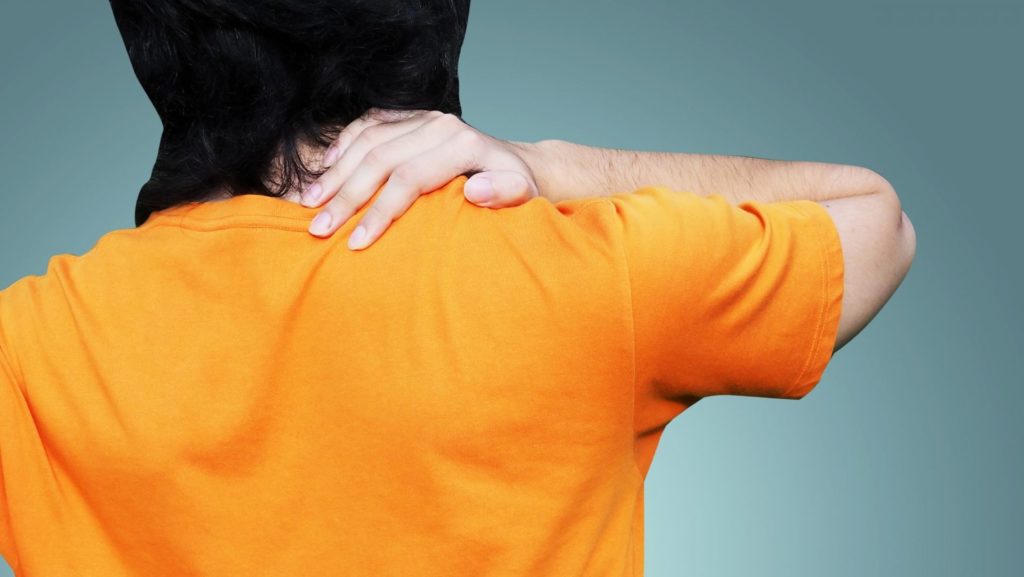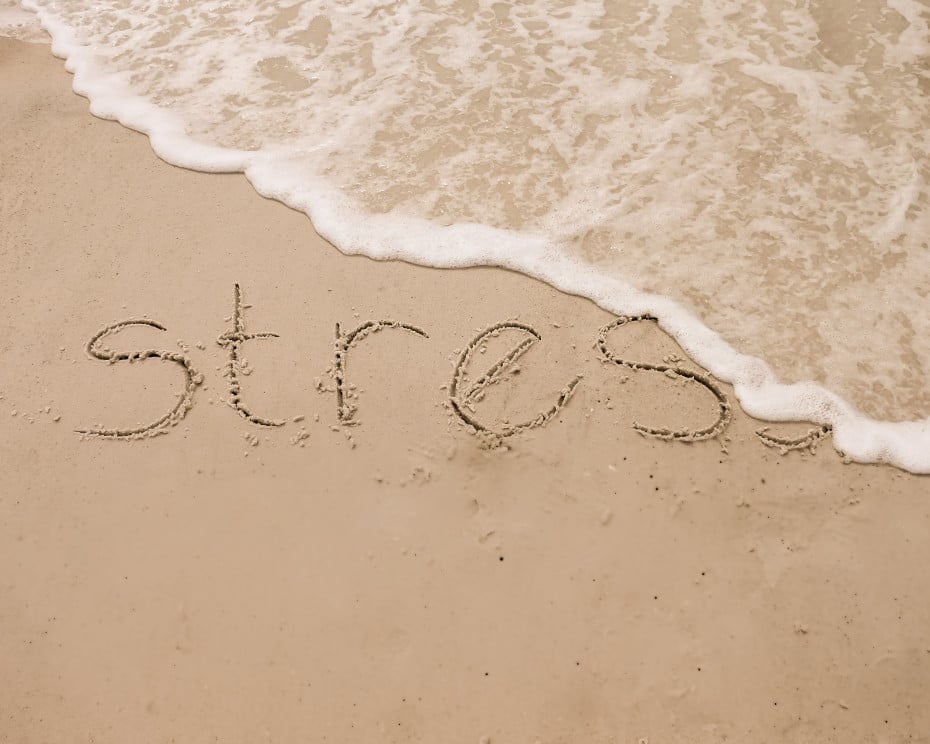CBD for Depression: How It Can Help
There are many kinds of depression, which refers to a condition of sadness or despair. Some forms are normal transient states of low mood caused by life events or in response to daily stressors. It can be triggered by changes in sleep, light, food, medications or changes in health. The result is a change in brain chemistry.
About 50% of people with this mental illness have a co-existing medical problem that also needs to be treated. Symptoms of depression are often changes in sleep patterns, eating habits, fatigue, poor concentration, social withdrawal or irritability.
CBD Can Improve Mental Health
NOTE FOR FIRST TIME READERS: Cannabinoids – such as THC, CBD – and terpenes are the main medically active components in cannabis (aka marijuana). For more information on these components, and much more about the plant, see our section on the Science of Cannabis.
Cannabinoids have been found to have antidepressant properties depending on the type of cannabis used and its dosage. Some recent studies have linked depression to chronic use of cannabis (several times a day for several years), but there are other studies that say it may help depression. A 2005 Australian report reviewed thousands of heavy cannabis users and found normal rates of depression when it accounted for other factors such as alcohol use, gender, illness, etc. A study published in 2007 showed that cannabinoids elicit antidepressant effects and activate serotonergic neurons at low dose levels. It is becoming apparent that the correct dosage is important in mood control.
Cannabis use has also been used as a method of harm reduction (reducing the negative impacts of other drugs), to substitute for a more detrimental substance use. Rates of depression in substance abusers are three times higher than in the normal population. Often substance abusers are self-medicating because of depression and studies show that drug abuse itself leads to brain changes and depression, which only make a bad situation worse.
Understanding cannabis effect on depression depends on several variables. The response of an individual patient can depend on the levels of THC and cannabidiol (CBD) or what is called the potency and cannabinoid profile of the plant. It’s now thought that the terpene profile, that determines many strain characteristics of the plant, is also most important in mood effects. For example, the terpene limonene, also found in citrus, is a mood enhancer. Alpha pinene, often found in sativas is stimulating and may provide mental clarity.
Best Ways to Take CBD
Depression, as in all mood management is highly dependent on strain specificity, due to the effects of terpenes. So, it’s useful to use the full flower for this condition, either by smoking marijuana or vaporizing, but pick your strain carefully. It should have the terpenes limonene (smells like citrus), and linalool (smells like lavender or floral), and for energy, throw in some alpha pinene (smells like pine).
Strain selection is important because some are more sedating and may contribute to the lethargy of depression. In general Sativa dominant strains are more uplifting.
Some CBD content may be helpful, but, in general, most Sativas are THC rich. If you do not want to inhale, it may be possible to get a Sativa edible, such as a chocolate. CBD oils are also a viable method. You can try low doses, like 5 mg 3x/day to start.
References
Bambico FR, et. al. Cannabinoids elicit antidepressant-like behavior and activate serotonergic neurons through the medial prefrontal cortex. The Journal of Neuroscience. 2007, 27(43): 11700-11711.
Campos-Outcalt D, Hamilton P, Thiagarajan W, Celaya M, Rosales C. Medical marijuana for the treatment of depression: An evidence review. 2012. www.azdhs.gov/medicalmarijuana/documents/debilitating/Debilitating-Conditions-Depression.pdf
Cuttler C, Spradlin A, McLaughlin RJ. Naturalistic examination of the perceived effects of cannabis on negative affect. Journal of Affective Disorders. 2018, 235: 198-205.
Denson TF, Earleywine M. Decreased depression in marijuana users. Addictive Behaviors. 2006, 31(4): 738-42.
Swift W, et al. Survey of Australians using cannabis for medical purposes. Harm Reduction Journal. 2005, 4: 2-18.



